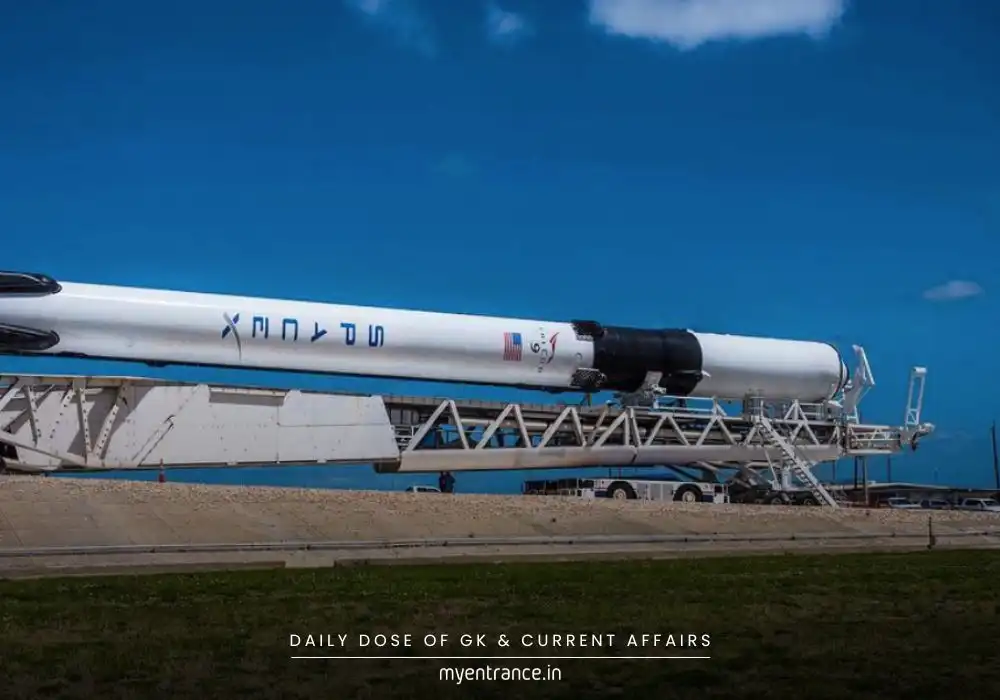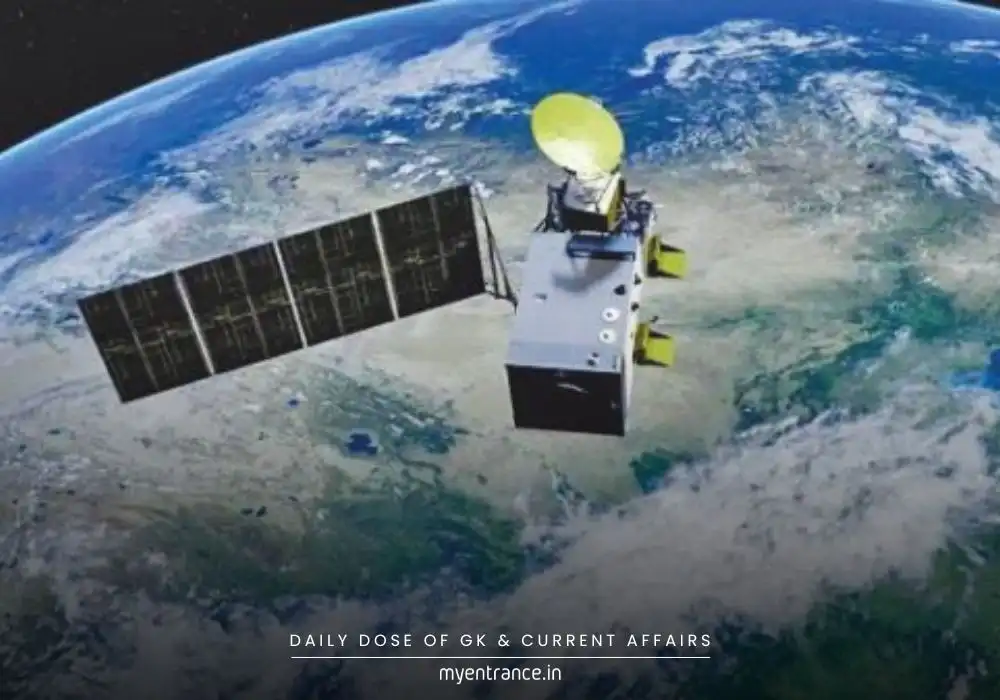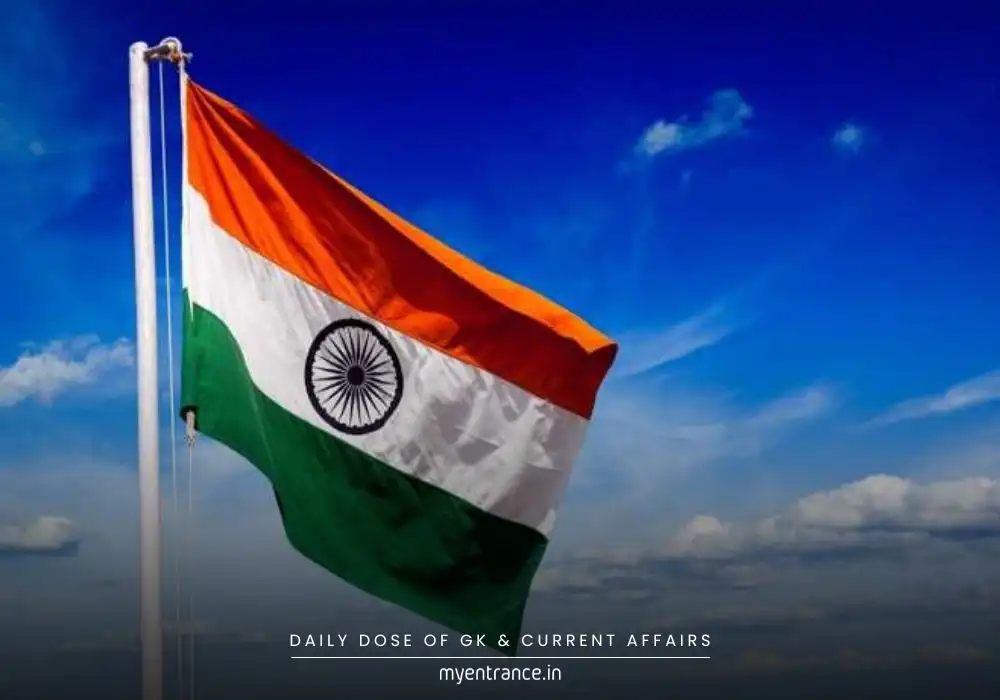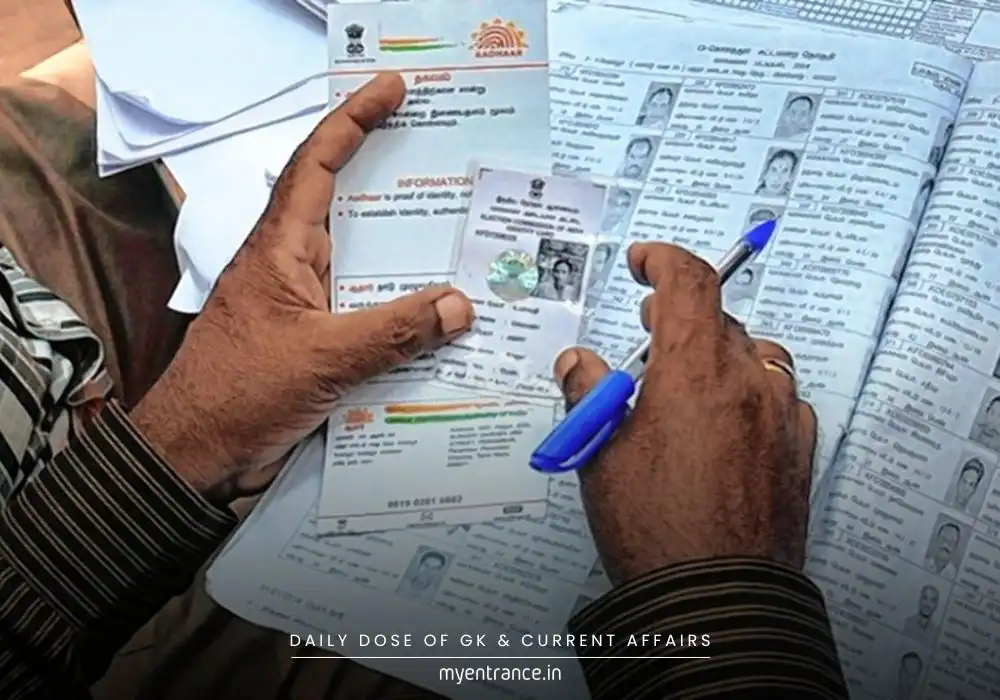Translate Language
Why Are Budget, Monsoon & Winter Sessions the Heartbeat of Indian Democracy?
India’s Parliament fuels democracy through three core sessions each year. For competitive exam warriors, understanding these sessions isn’t just politics—it’s a key to cracking questions on governance and current affairs. Let’s demystify them!
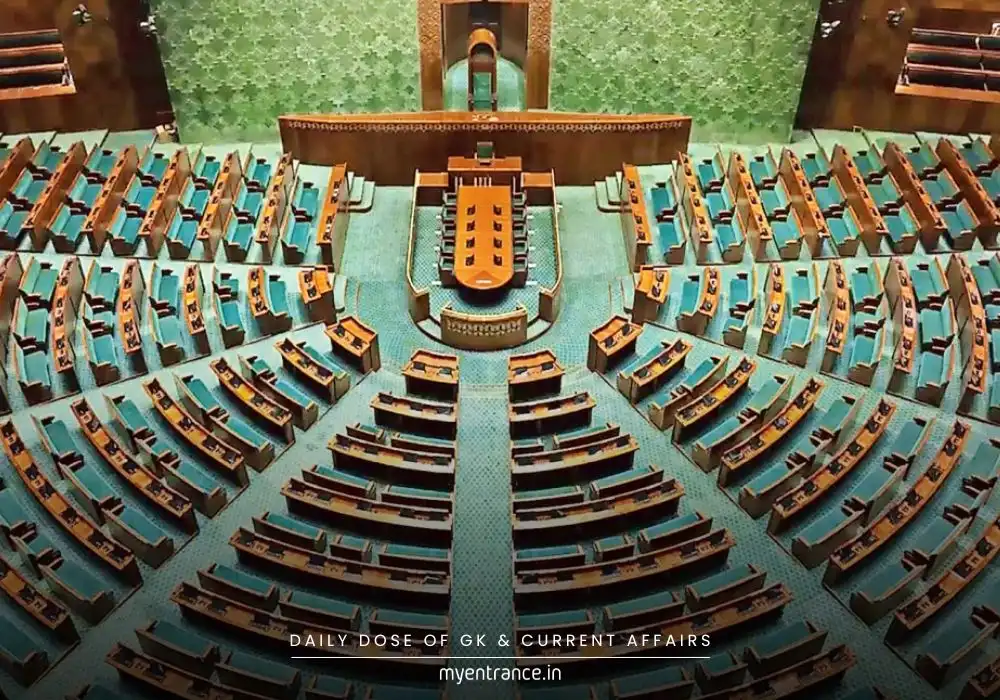
What Are the Three Main Sessions of India’s Parliament?
India’s parliamentary calendar revolves around three critical sessions, ensuring continuous governance and accountability:
Budget Session (February–May)
The longest and most pivotal session kicks off with the President’s policy roadmap. The Finance Minister then unveils the Union Budget—detailing India’s annual spending plans, taxes, and investments. MPs dissect ministry-wise allocations in committees, debate demands for grants, and pass financial laws. A brief recess may occur, but work storms on until May.
Monsoon Session (July–August)
This session tackles urgent national issues and pending laws. Expect fiery debates during Question Hour (where MPs grill ministers) and Zero Hour (for public emergencies). It’s a watchdog phase—reviewing government performance, clearing bills, and ensuring leaders stay answerable between Budget and Winter sessions.
Winter Session (November–December)
Though shorter, it’s action-packed! Parliament rushes to pass pending bills, discusses economic/social challenges, and clears year-end legislative backlog. Lasting 3–4 weeks, it’s a final push to wrap up critical work before the new year.
Why the Gap Between Sessions Can’t Exceed 6 Months
India’s Constitution mandates that Parliament must meet at least every 6 months. This forces continuous oversight, preventing executive overreach. Special sessions can also be called for emergencies (e.g., national crises or landmark events), but the “Big 3” ensure democracy never sleeps.
Exam Questions & Answers Related to Three Main Sessions of India’s Parliament
Q: Which session starts with the President’s Address?
A: The Budget Session.
Q: When does the Monsoon Session occur, and what is its focus?
A: July–August; it emphasizes legislative debates and government accountability.
Q: What constitutional rule ensures regular parliamentary meetings?
A: The gap between two sessions cannot exceed six months (Article 85).
Q: During which session is the Union Budget presented?
A: The Budget Session (typically in February).
Q: Which session is known for clearing year-end pending bills?
A: The Winter Session.
Why This Matters for SSC, UPSC, KAS & Other Exams
High-Yield Topic: Questions on parliamentary sessions feature in UPSC Prelims, SSC General Awareness, and state PSC/KAS exams.
Current Affairs Link: Sessions generate headlines (e.g., “Winter Session Passes Key Education Bill”). Connecting them to recent events boosts essay scores.
Governance Understanding: Exams test grasp of democratic structures—knowing sessions reveals how laws are made, funds allocated, and leaders held accountable.
Get 3 Months Free Access for SSC, PSC, NIFT & NID
Boost your exam prep!
Use offer code WELCOME28 to get 3 months free subscription. Start preparing today!







